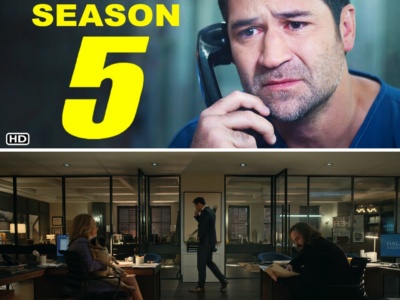Storylines like Eros’ introduction and Steve kissing Peggy proved more questionable than most in the vast MCU franchise.
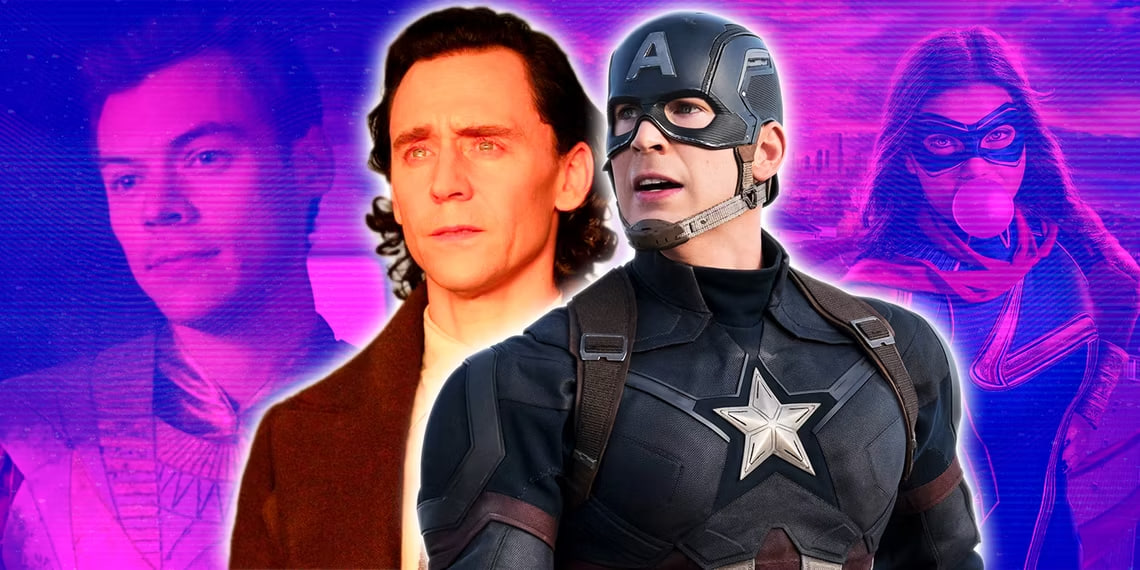
The recent release of the MCU’s Echo has found success in the franchise so far. While the series has many great elements that work in its favor — from impeccable casting to its many Marvel tie-ins — the series’ greatest strength proves to be its fun and fresh plotline. Unfortunately, not all MCU plots have been as well-received over the past years.
This makes sense, as with a franchise as vast and interlinked as the MCU, not all storylines can be universally adored. However, some plots have proven to not only be subpar but just downright questionable. Whether it be Taskmaster’s character annihilation or Steve and Peggy’s notorious kiss, there are a number of plots within the MCU franchise that raised more questions among fans than they gave answers.
Quicksilver’s Return Felt Like a Cheap MCU Gimmick
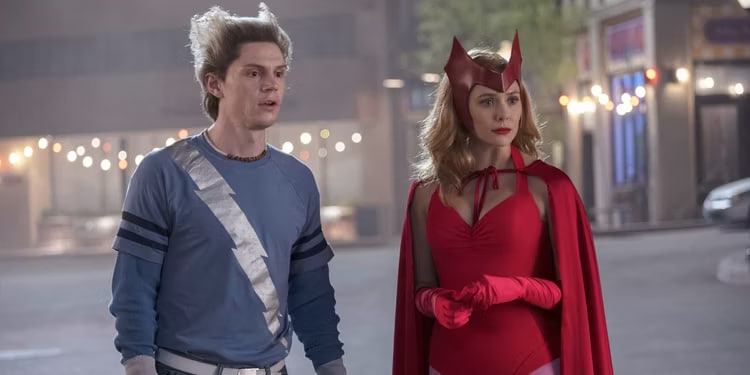
Pietro Maximoff won fans over with his appearance in Avengers: Age of Ultron. Unfortunately, the fan-favorite character was short-lived, as the MCU killed Quicksilver at the end of the film. While Aaron Taylor-Johnson did not reprise the character, viewers were excited to see the X-Men franchise’s Evan Peters revive the character in WandaVision.
Not only was Pietro Maximoff’s return a monumental moment for Wanda, but it had the potential to bridge prior Marvel films (namely, the X-Men series) into the MCU. Unfortunately, the cameo proves to be little more than a ploy, both by Agatha to hurt Wanda and by the series’ creators to mislead fans. Given the minor significance and great disappointment surrounding Peters’ cameo, Pietro’s “return” is a questionable storyline that showcases the MCU’s slow prioritization of fan-baiting over meaningful franchise payoffs.
The MCU’s Use of Eros Felt Out of Place
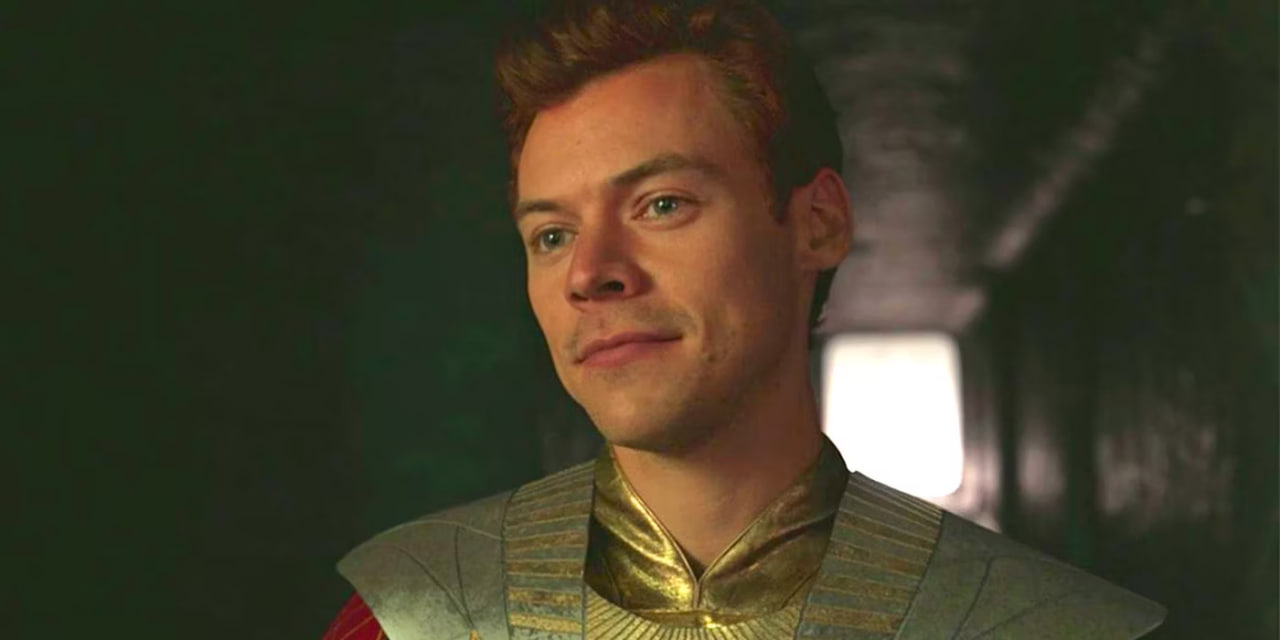
Thanos was the MCU’s biggest villain, with his doom slowly spreading out until he became a full-fledged threat in Avengers: Infinity War. After causing mass devastation and then finally being defeated, Thanos’ chapter came to a fitting close at the end of the MCU’s Infinity Saga. This is exactly why his brother’s abrupt introduction felt so out of place in Phase 4.
Eros was introduced rather randomly in a post-credit scene. The comic book character’s debut garnered a fair bit of attention, and Harry Styles’ casting helped encourage fans to sit through the MCU’s otherwise forgettable Eternals film. After finally moving past Thanos, it felt strange for the MCU to connect the franchise back to him, especially as it tried to plant new seeds for the Multiverse Saga. At the end of the day, Eros’ introduction felt more about fan service and getting views than actual MCU development, especially as the character hasn’t been seen since.
Loki’s Love Interest in the MCU Is None Other Than Loki
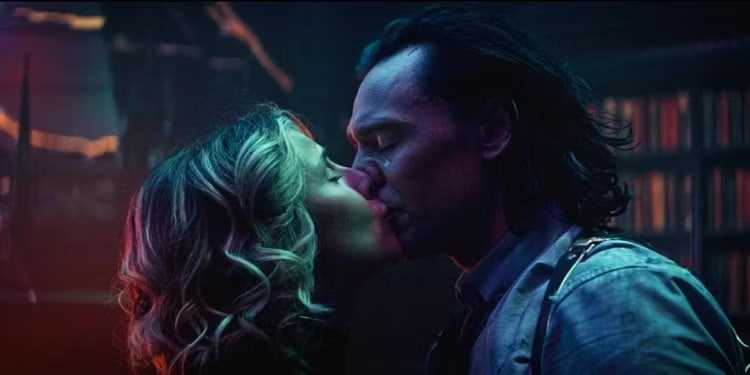
When the beloved Loki earned his own TV show, fans were eager to see the notorious character’s return. Given Loki’s complicated MCU journey, his popularity and charming nature, viewers soon wondered if the Loki series would finally give the God of a Mischief a shot at love. And it did — sort of.
Loki shows the trickster slowly developing feelings for Sylvie, one of his own multiversal variants. Given their incredibly similar personalities, it’s easy to see why the two would be drawn together. The decision to make Loki fall in love with basically himself also creates interesting discussions about self-love, acceptance and identity. However, it still feels like a very bold and questionable MCU move done more for shock value than quality content, especially as it’s unnecessary and robs Loki of the essential growth of loving someone other than himself.
Taskmaster’s MCU Introduction Ruined the Comic Book Character
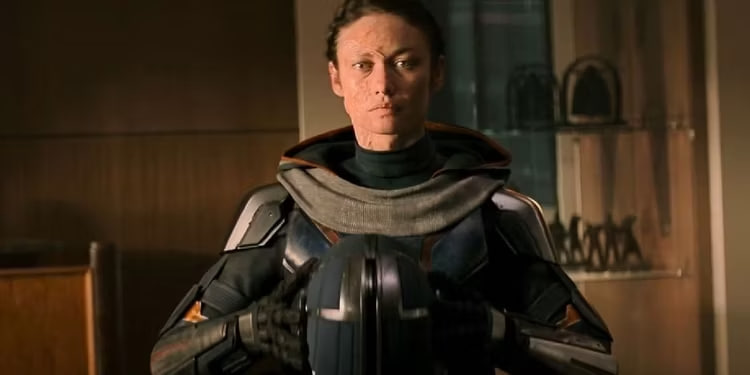
In the Marvel comic books, Taskmaster is one of the franchise’s most popular and hardcore characters. Taskmaster has the unique power to mimic any opponent’s abilities, making the agent one of the most powerful combatants. However, Black Widow’s depiction of Taskmaster doesn’t carry nearly the same weight as the comic book counterpart.
Instead, Taskmaster’s MCU debut is watered down with an emotional backstory and unfulfilled potential. As a result, the movie undermines the comic book character; it also hinders Antonia’s chance to be a ruthless villain by giving her a sob story that limits her character, a regressive step away from the otherwise feminist tones of Black Widow. Taskmaster’s extremely out-of-character introduction proved to be one of the MCU’s least sensible storylines, but hopefully, one The Thunderbolts can help reconcile.
Captain America Staying With Peggy Broke His MCU Character
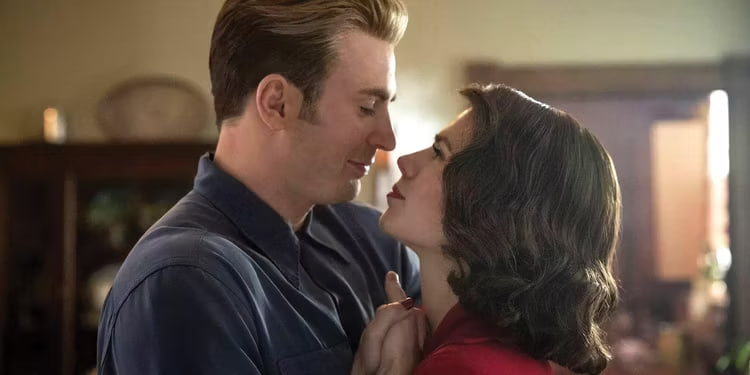
The great Captain America’s best selling point in the MCU is his selflessness. Steve Rogers has always put the greater good above himself, even if it means sacrificing everything he loves. This altruistic mentality is what made Captain America so admired, both within and outside the MCU.
So, Steve’s decision to stay with Peggy at the end of Avengers: Endgame made little to no sense. Not only did that brief storyline go against everything Steve stood for, but it also complicated the film’s already confusing time travel concept. By heeding the advice of Tony and the others, Captain America ruins his squeaky-clean record by being selfish for once. While Cap certainly deserved his happiness, the uncharacteristic move and uncertain conditions around it make it a questionable MCU plot, even more so given that Steve kissed Peggy’s great-niece in the same timeline.
Ms. Marvel’s Djinn Connection Was an MCU Oversight
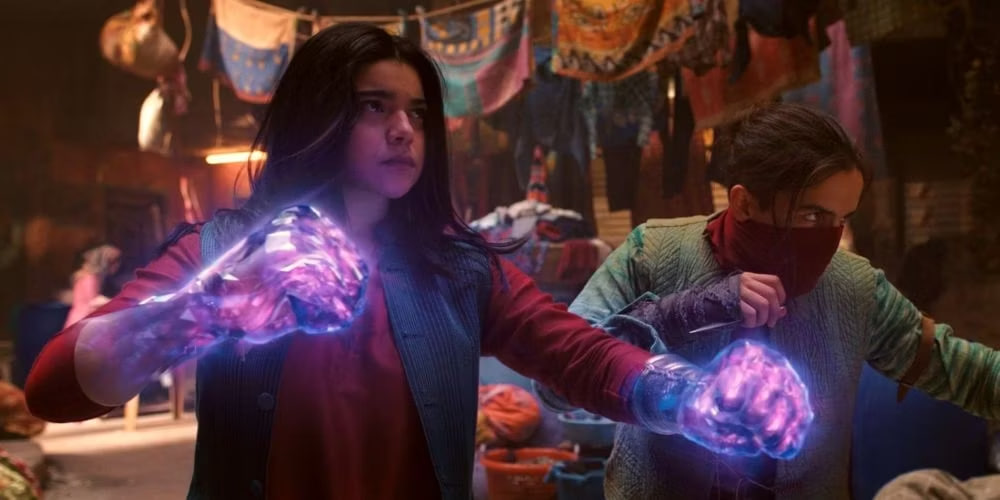
Ms. Marvel was a true feat for diversity in the MCU. But for all it did right, the series still has one questionable plotline that lowered its impact: the Djinn connection. Soon into the series, Najma, leader of the Clandestines, tells Kamala that the young girl is a Djinn, much to Kamala’s chagrin.
By associating the MCU’s version of Kamala Khan with “the stuff of nightmares” (as she states), the series both exoticized Kamala’s origin story and Westernized the Islamic lore behind the Djinn spirits. While showrunners defended the plot point and noted the worldwide use of the term, the Djinn explanation turns Kamala into a more stereotypical and Orientalist depiction than she deserved. Because of this, the brief Djinn storyline was a questionable decision that may have done Ms. Marvel more damage than good.
Natasha and Bruce’s Romance Is Useless to the MCU
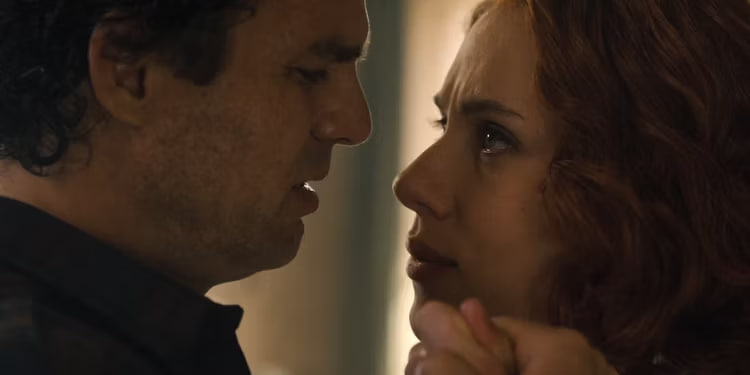
Natasha Romanoff shouldered a lot of responsibility as the most important and longest-running female MCU superhero. Unfortunately, the franchise detracted from her character through one questionable plot: Natasha’s romance with Bruce in Avengers: Age of Ultron.
Natasha and Bruce share no chemistry prior to the events, and the storyline feels forced as a result. The movie’s plot isn’t furthered by their uninspired romance in any way, making it completely unnecessary. If Natasha absolutely needed a romantic arc, pairing her with a character she shares more chemistry with (like Steve) or giving Bruce and her more time to flesh things out would’ve been the best choice. Instead, throwing Natasha and Bruce together for the sake of it greatly undermines her ferocious character, especially as the questionable MCU storyline isn’t really explored ever again.
The MCU Had To Correct The Mandarin’s Poor Plot
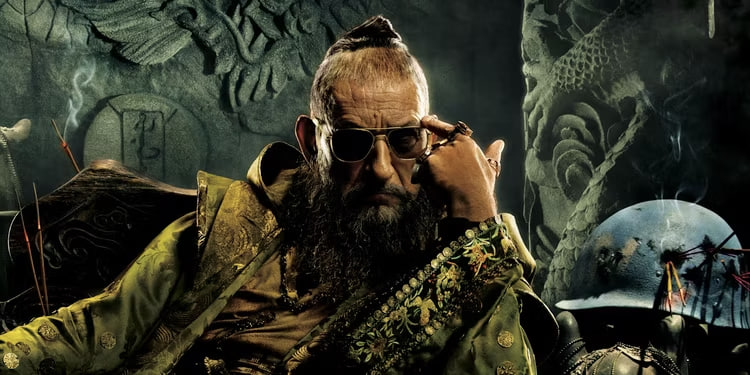
Before Shang-Chi and the Legend of the Ten Rings brought The Mandarin to true life, Iron Man 3 attempted a go at the nefarious character. Despite the trailer setting The Mandarin up as a worthy threat, the film reveals Ben Kingsley’s character as nothing more than an actor and The Mandarin only as a cover-up to Tony’s real threat.
This Iron Man 3 storyline is extremely problematic in hindsight. Slattery’s embodiment of the role, along with the imagery and terrorist associations, play into harmful stereotypes. The fake-out also downplays how epic the character truly is in the comics, something Wenwu’s later MCU version of The Mandarin captures perfectly in Shang-Chi and the Legend of the Ten Rings. The first use of The Mandarin received much backlash and needed a lot of backtracking on the MCU’s part (including a short film, “All Hail the King,” made specifically to clear up the storyline), causing more trouble than the questionable storyline was ever worth.
Steve and Sharon’s Chemistry Only Raised Questions for the MCU
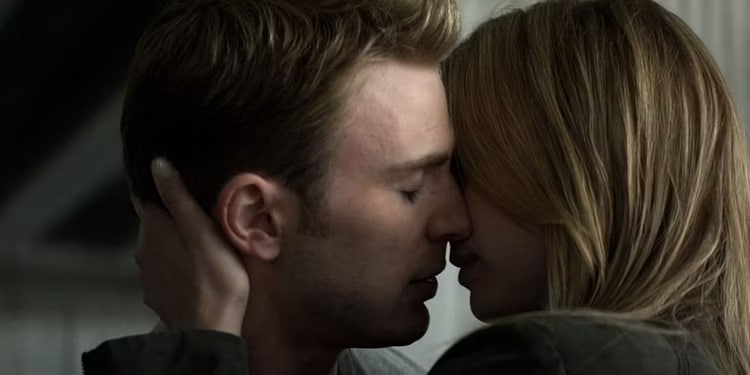
The beloved duo of Steve Rogers and Peggy Carter formed one of the MCU’s best and most tragic love stories. While the two star-crossed lovers shared a bittersweet romance, the MCU decided to unnecessarily complicate their dynamic through Peggy’s niece, Sharon Carter.
Sharon plays a pivotal role throughout the MCU. However, the romantic tension between her and Steve is completely unnecessary, especially given that Steve is supposed to still be deeply in love with her much older aunt. To make matters worse, the two share a kiss not long after Peggy’s passing, further insulting Steve and Peggy’s saga. Given their closeness with Peggy, Steve and Sharon’s romantic storyline felt uncomfortable and forced, especially as it had no payoffs — or even further mentions — in the MCU’s long run. Steve’s decision to go back for Peggy in Avengers: Endgame also adds a whole new ick factor to their romantic plotline, making it even more questionable.
Wanda’s Demise Gave Her MCU Character Zero Closure
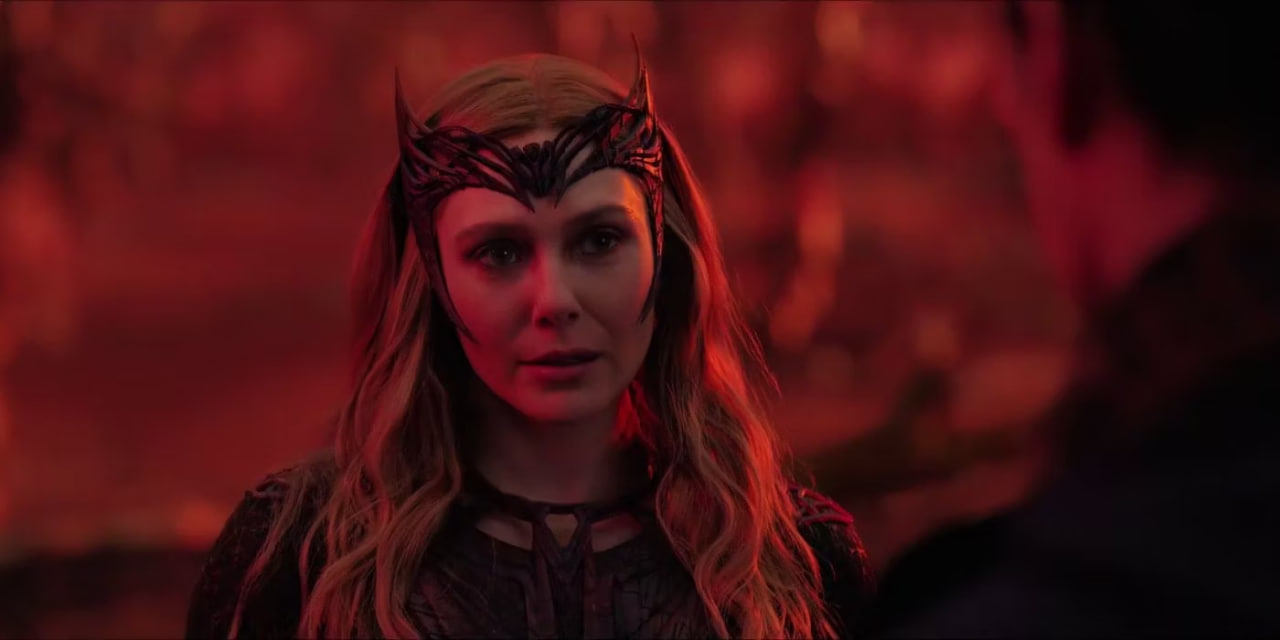
Wanda Maximoff quickly became one of the MCU’s most multidimensional characters. WandaVision took the Scarlet Witch to exceptional new heights, with her trauma, grief and complicated morals all adding new layers to her persona. Unfortunately, all of that character development was completely annihilated by Wanda’s quick demise in Doctor Strange in the Multiverse of Madness.
Wanda goes from being the film’s all-powerful villain to quickly orchestrating her own death. While on the one hand, the movie completely regresses her WandaVision growth as a tortured Avenger, on the other, it also refuses to let her fully give in to the Darkhold. As a result, Wanda’s ending left her in a limbo between hero and villain — exactly where she had been throughout the entire MCU. Given Wanda’s massive importance to the MCU, the decision to give her a pathetic and self-inflected death did the Scarlet Witch a great disservice, making it the MCU’s most questionable storyline yet.
